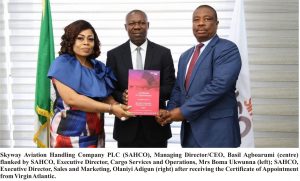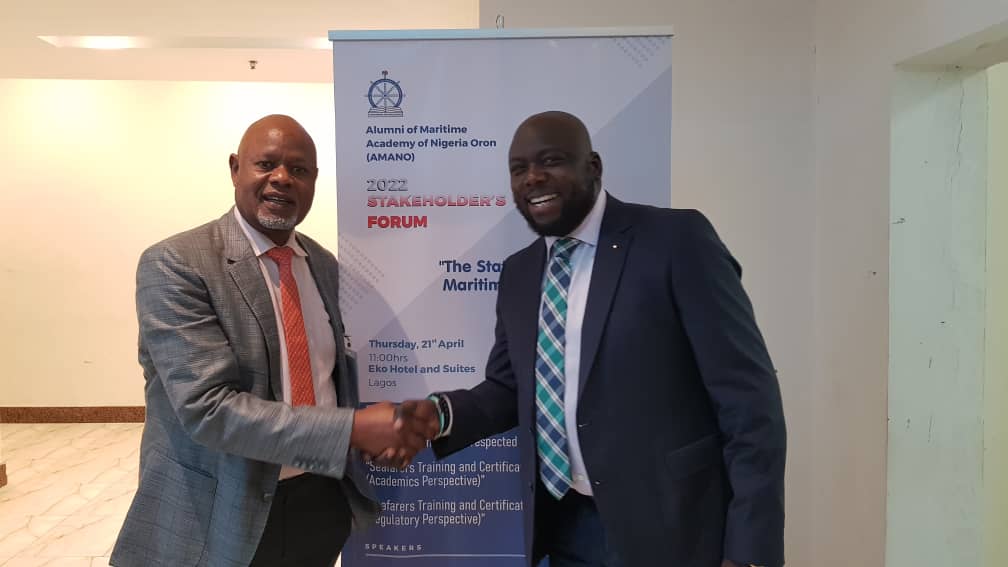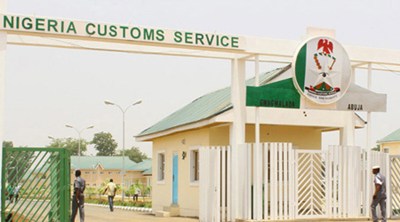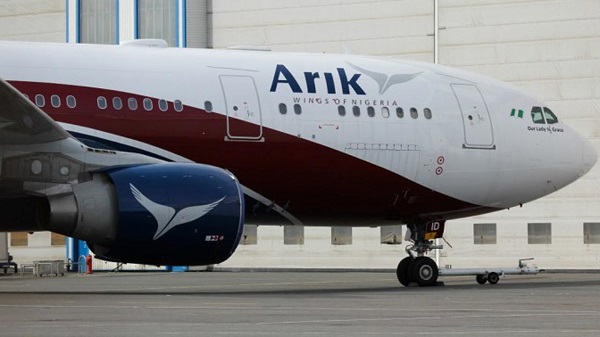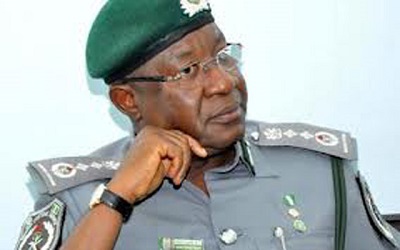Port Concession: BPE, ICRC Brawl Stalls Review Of Concession Agreement
- NPA urged to quit terminal operators’ functions, charges
By Kenneth Jukpor
The ongoing review of the port concession agreement has been stalled following the power tussle between the Bureau of Public Enterprises (BPE) and Infrastructure Concession Regulatory Commission (ICRC) as the Nigerian Ports Authority (NPA) allegedly avoided getting caught in the web.
MMS Plus learnt that NPA had proposed to leave out both agencies from the ongoing review of the port concession agreement as a result of the rift between both agencies saddled with similar responsibilities. However, terminal operators kicked against the move pointing out that it was a breach to the initial port concession agreement signed in 2006.
Worried by this challenge of multiple government agencies, one of the terminal operators told our correspondent that there have been meetings on the ongoing review of the concession agreement requiring the input of BPE and ICRC but as a result of the fight for supremacy between both agencies, NPA opted not to call any of the agencies.
Our source posits that during the early stages of the review of the concession agreement NPA came up with the concept that the agreement should be between the Authority and the concessionaire without input from BPE or ICRC.
“BPE was part of the initial agreement and when we asked NPA why they didn’t want BPE to be party to the agreement anymore, NPA said it was because of the rift between NPA and ICRC. We insisted that BPE had to be part of it because the initial agreement states that any amendment to the agreement must be made by all the parties and BPE hasn’t written to say it is no longer a party to the agreement” he said.
MMS Plus findings also confirm that there is little or no difference in the core functions of BPE and ICRC. While BPE serves as the secretariat of the National Council on Privatization (NCP) and is charged with the overall responsibility of implementing the council’s policies on privatization and commercialization; ICRC is also an agency of the Federal Government responsible for the development and implementation of Public Private Partnership (PPP) framework for the provision of infrastructure services.
The problem of multiple agencies with same or similar responsibilities has led to the non-functionality of most agencies in the country as the organizations spend more time and resources lobbying for jobs in fierce power tussle, rather than contributing meaningfully to grow the sector or develop the nation.
Although efforts to reach the Managing Director of ICRC, Mr. Chidi Izuwah and the ICRC Public Relations Officer (PRO) on this issue were futile until press time; the Director-General of the Bureau of Public Enterprises (BPE) Mr. Alex Okoh told our correspondent that he wasn’t aware if BPE has been part of the concession review because he was on leave.
“I haven’t been to the office in a while because I am on leave, so I don’t know if BPE has been part of the review of the concession agreement” he said.
Recall that the Nigerian Shippers’ Council (NSC) was also initially left out of the review of the concession agreement despite its crucial role as a port economic regulator, and its position as a representative of users and providers of shipping services.
In another development, thirteen years after the seaports in the country were concessioned to private terminal operators, NPA has been accused of limiting the nation’s port sector growth with its failure to undertake efficient post-concession restructuring.
This comes as industry experts accuse the Authority of still meddling in the affairs of terminal operators and the collection of questionable charges like, ‘Nigerian port charges’ collected by terminal operators on behalf of NPA.
Speaking with MMS Plus on the multiplicity of charges at the ports recently, the Vice President of the Association of Nigerian Licensed Customs Agents (ANLCA), Dr. Kayode Farinto, said ANLCA had confronted the terminal operators to explain the Nigerian port charges, but they revealed that they were collecting the money on behalf of the Nigerian Ports Authority (NPA).
Farinto lamented that the issue had persisted despite the complaints by the licensed customs agents. “We have written to NPA to tell us the importance of this collection but they haven’t answered us. These are the issues we have to deal with in the industry and when we shout people see us and think we are mad” he said.
However, a top managerial source at Ecomarine Terminal argued that NPA’s major problem is that it has not been properly restructured since the port concession.
“The issue of duplication of charges would no longer be an issue if NPA had been restructured following the concession. We shouldn’t have replication of charges because the concessionaires took away some roles from NPA. In an ideal situation, NPA should have been restructured to drive efficiency and compliment the efforts of the operators” he said.
He admonished the Authority to focus on other areas still under its purview such as; pilotage, management of tugboats, traffic management, harbours, among others.
“Why don’t they focus of on aspects like pilotage and invest more in it to compliment the services of the concessionaires. NPA still has the Traffic Managers and Harbours is under them. The operation of tugboats is also under NPA. As soon as a concessionaire gives berthing clearance to a client and it gets to NPA, the harbours should be mobilized immediately. When a vessel is coming in, the tugboats should be ready” he added.
He also cited the aspect of developing and expansion of other ports as an objective NPA had taken lightly, noting that the management of existing terminals had been concessioned, hence the issue of regulation or related charges wasn’t under NPA’s purview.
The Ecomarine boss lamented that it was an aberration for NPA to be a regulator while it is also party to the concession agreement.
“Who monitors NPA in this case where the agreement has given responsibilities and obligations to both parties? NPA has its role to play while the concessionaires have theirs. If NPA monitors the concessionaire, who monitors NPA to ensure it keeps its obligation in the agreement?” he queried.

